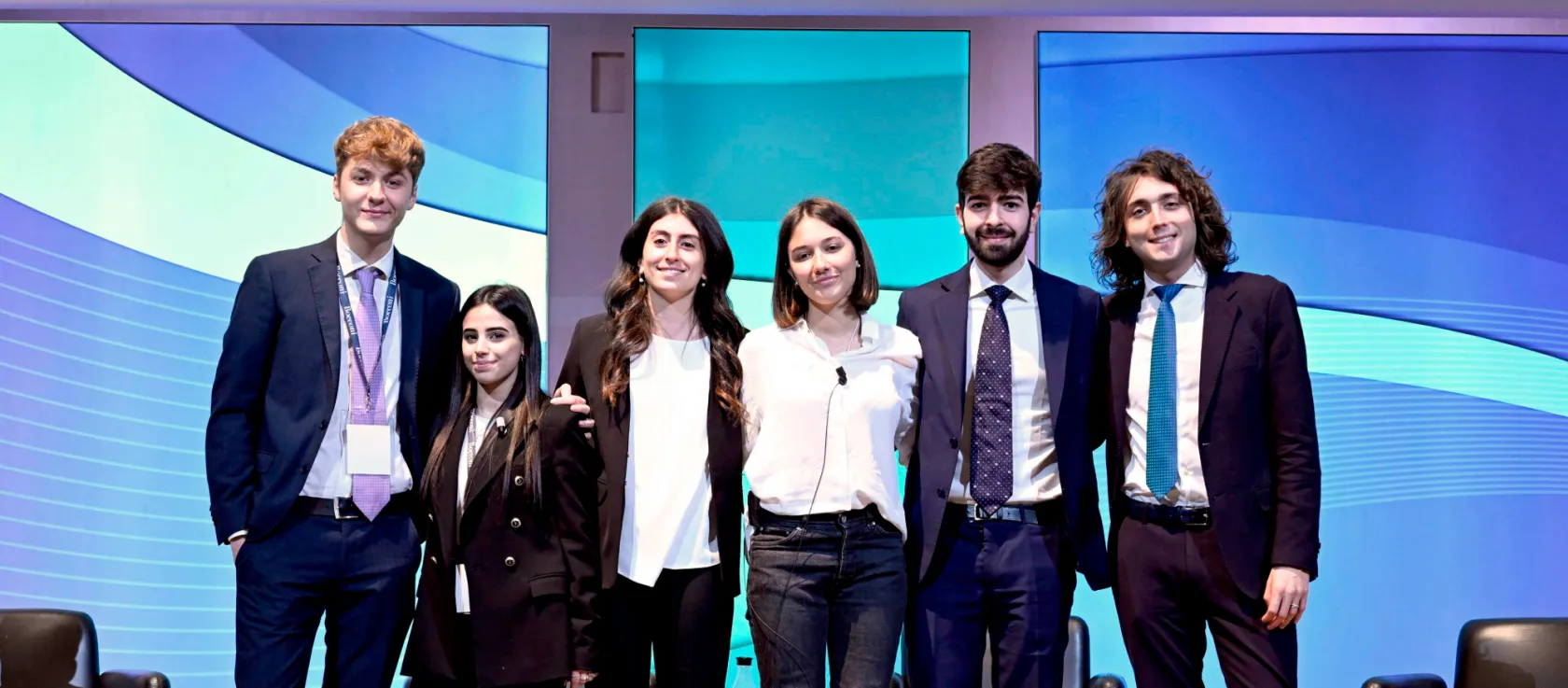
Classrooms Turn into Courts and Student Teams Work Like Law Firms
At the Bocconi School of Law, the principles of learning by doing and law in action are being applied in various forms in several courses. “Trial simulations, for example, are widespread in many classes and they essentially involve the creation of teams of students each arguing in favor of one of the two litigants,” summarizes Mariateresa Maggiolino, Full Professor of Commercial Law and Director of the Integrated Master of Arts in Law.
“For five years now, we have taken part in international Moot Court Competitions, where, under the guidance of a professor, students tackle real-life cases by taking the side of the prosecution or the defense and compete with other international law schools in successive rounds that simulate the various court hearings. In this way, there are elimination rounds like in a tournament, and a final winner is determined. Fourth-year and fifth-year law students are eligible to take part in Moots, which are enjoying a great success among students, so much so that we had to establish an application-and-selection system to regulate access.” Moots can be equated to an elective course and other similar activities, but does not give a grade, only a certificate of preparedness and six educational credits.
In addition to what happens during court proceedings, in the daily exercise of law there are grammatical and language practices that cannot be derogated from and to which specific innovative teaching initiatives are devoted at the Bocconi School of Law. This is the case of the seminars in Legal Writing. “For a jurist, language is a tool of the trade and requires attention, practice and self-control,” explains Marcello Gaboardi, Professor of Civil Procedure and Bankruptcy Law, and the Dean’s Delegate for Moot Court Competitions. “To train students for these qualities, we have launched two short optional courses in Legal Writing in either civil law or criminal law in the last two years of program. Students have to practice drafting three extrajudicial documents and three trial documents based on outlines composed by the class instructor who has deliberately inserted an overabundance of details or questionable information. Also in this case, the exercise ends with the simulation of a trial.”
Even closer to professional legal practice are the Legal Clinics, where faculty and students of the IMA in Law practice law in difficult contexts such as, for example, the Bollate Prison or the San Vittore Penitentiary in Milan. Born out of an initiative of the late Valerio Onida, an eminent Milanese constitutionalist who also presided Italy’s Constitutional Court, clinics provide legal help to prison inmates with the dual purpose of supporting them on penal issues while they are deprived of their liberty, and supporting them when they are out of prison by involving ex-convicts as volunteers. At Bocconi this experience is coordinated by Melissa Miedico, Professor of Criminal Law and head of the Legal Clinic project. Three rounds of selections are held every year, open to fourth- and fifth-year students who have a prevalent interest in penitentiary law, family law and immigration law, and meet specific academic
performance requirements. The work is organized like in real-world law firms: there are meetings in prison with assisted clients, the drafting of case reports and legal team meetings to apportion tasks of juridical research or contact with consulates, attorneys and educators who can support them in the drafting of legal requests and applications.